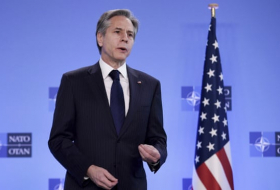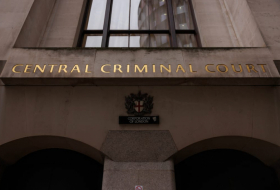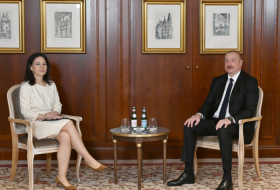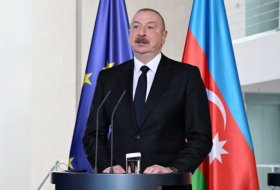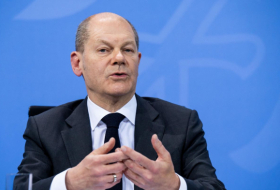May had been widely expected to schedule a Queen’s speech setting out the government’s legislative agenda within weeks, because she announced a two-year parliamentary session in mid-June 2017.
However, some within the government believe May is prepared to ignore demands for a programme of new laws, even though parliament has run out of business to discuss apart from Brexit legislation, which is currently stalled.
A Downing Street source said it would not be fair to say the Queen’s Speech was being delayed, because no official date had been set for one. “There’s no obligation to have one at a fixed point and there’s no immediate plans to bring forward a Queen’s speech,” the source said.
There is usually one Queen’s speech each year, and it has taken place in May or June in recent years, but Andrea Leadsom, the leader of the Commons, announced a two-year session after the last election in order to “build the broadest possible consensus for our Brexit plans”.
There are several reasons why May might shy away from a Queen’s speech, but the most pressing is that she may not have the votes to get it through parliament given the opposition to her Brexit deal among hardline Tory Eurosceptics, the Democratic Unionist party (DUP) and opposition parties.
Bringing one forward could give MPs the opportunity to show there is no confidence in the government by voting it down, especially if parliament voted against the EU withdrawal bill and the Queen’s speech was used to introduce it again.
May only has a majority with the backing of the DUP, but relations are weak following the party’s refusal to back her withdrawal bill.
Her confidence and supply agreement with the DUP lasts as long as a parliamentary session, meaning it would be under no obligation to support a new Queen’s speech unless that had been renegotiated – possibly requiring more money.
However, there are downsides to putting off a Queen’s speech, which could mean May ultimately concluding that one is necessary. One concern in No 10 is that if its EU withdrawal bill was voted down, it would have to prorogue parliament and have a Queen’s speech in order to bring it back again.
Other factors include the government having all but run out of legislation for parliament to debate other than bills connected to Brexit, and the likelihood of a furious reaction from MPs, including those in the DUP.
Chris Bryant, the Labour MP and former shadow leader of the Commons, said a refusal to bring forward a Queen’s speech would be a “constitutional outrage”. “There’s no point in a parliamentary session if we’ve not got anything to do. I never knew the real meaning of the word doldrums until this parliament,” he said.
Nigel Dodds, the DUP Westminster leader, said last week: “There is some talk around of extending this session beyond two years. Can I say on that point that I think many in this house, including on this bench, would regard that as something that is not acceptable.”
One option could be for May to present a Queen’s speech with ideas that Conservative and DUP MPs would find it hard to vote against. A cabinet source said departments had been asked to put forward their ideas for legislation, including possible bills on animal welfare and protecting soldiers against legal challenges over battlefield conduct, but the domestic agenda is relatively thin in Whitehall, given the time devoted to Brexit.
More about: #TheresaMay









